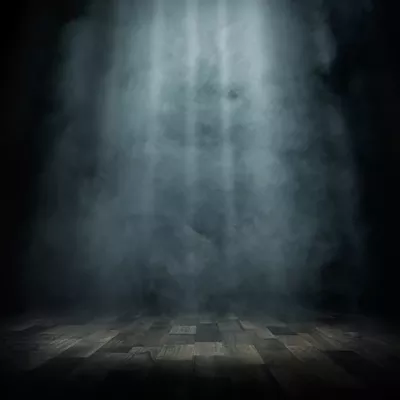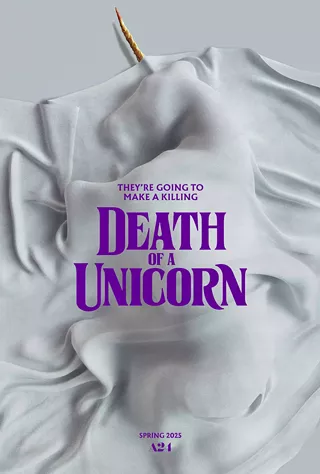Back from running some errands, Nick Dunne (Ben Affleck) notices his wife is not in the house. More disturbingly, a glass table has been shattered and there are a few traces of blood. We believe immediately that she has either been killed or kidnapped, because those possibilities are where the clues lead.
Emphatic clues, as it turns out, are pivotal players in "Gone Girl," all of them enclosed in envelopes and helpfully marked "Clue One" and so forth. Every anniversary, Amy (Rosamund Pike) would lead Nick through a kind of narrative scavenger hunt of their relationship, and so, when police investigate the scene of her disappearance, they actually do stumble onto a clue marked "Clue."
"Gone Girl" is a film that forces you to think about the significance of those clues, only to change the landscape of what they mean, so that you feel betrayed by what you had believed you discovered all on your own. The problem with this approach is that the film intentionally misleads you at first and once it pulls the rug, "Gone Girl" can then do any damn thing it pleases—plant evidence, pin the whole escapade on aliens, end with Nick laying infirm in an institution, having dreamed the whole thing under the influence of powerful drugs. The clues lose shape; the case loses focus. Worse still, when the movie does move the cheese, it actually improves the experience, as if it's giving up on whatever got it to that point to provide a better version of events.
Director David Fincher doesn't really need to impress anybody anymore. He made "Se7en" and "Fight Club" and "Zodiac" and "Benjamin Button" and "The Social Network," each great in unique ways. He rose to fame directing three of the four music videos nominated for Video of the Year in 1990 ("Janie's Got a Gun," "The End of the Innocence" and "Vogue"). So, Fincher's a rare talent. But his choice of material has started to fall off. This film follows a really tepid remake of "The Girl with the Dragon Tattoo," and while both are based on massively successful novels and have a certain sheen and polish to them, they have dulled the sharp edges of Fincher's style.
"Gone Girl" is not a whodunit, but a howdunit-whydunit combo platter. We know Nick is a suspect, and there may be a subconscious effect on audiences that Ben Affleck looks quite a bit like convicted wife-killer Scott Peterson (and it's not the only consistency the movie shares with that case). But we also empathize with Nick, even when we find out some things about him we don't like, so he can't be the killer ... right? We see him painted in diametric terms, a classic he said, she kept a diary situation. It's easy to see why this approach would be compelling in print, but in the faster-paced film adaptation, the big, sudden leaps the story takes are unsettling.
You expect a lot out of a David Fincher film, but sadly, "Gone Girl" is not one of his best. The casting is strange (Tyler Perry and Neil Patrick Harris are either significantly underused or overused), although Kim Dickens is fantastic as the local cop investigating the case. Affleck is sturdy and avoids mistakes, while Rosamund Pike plays a character who, through flashbacks, endures a wide range of human emotions without actually ever showing one.
Another curiosity is the almost anonymous approach Fincher has taken behind the camera; it seems like it could have been made by almost anybody. There are very few interesting decisions, very few moments that surprise us with ingenuity, one of the director's calling cards.
"Gone Girl" smacks of being a job for hire all the way through: Competent, perfunctory and bland. It's a movie David Fincher finished, maybe, but it doesn't feel like one he made.











